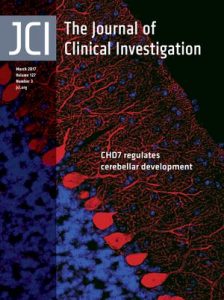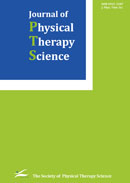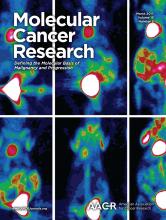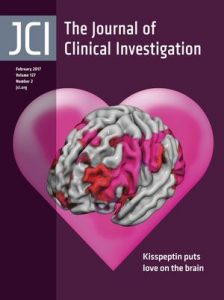 The editors of an anesthesiology journal have retracted a paper about predicting how patients will respond to a procedure, after the results of an investigation cast doubt on the validity and originality of the work.
The editors of an anesthesiology journal have retracted a paper about predicting how patients will respond to a procedure, after the results of an investigation cast doubt on the validity and originality of the work.
According to the retraction notice, the editors became concerned about the validity of the data and conducted an investigation, which found irregularities, “including misrepresentation of results.” Because the authors could not provide adequate evidence to assuage these concerns, the editors decided to retract the paper.
The paper — about which facial muscles best predict if a patient is ready to be intubated — had already been flagged on F1000: A few years ago, two anesthesiologists from Florida commented that they found the article “confusing,” and felt that the authors “did not prove their hypothesis.”
Here’s the retraction notice for “Comparison of four facial muscles, orbicularis oculi, corrugator supercilii, masseter or mylohyoid, as best predictor of good conditions for intubation: A randomised blinded trial,” published in the European Journal of Anaesthesiology in 2013 and cited once: Continue reading Editors retract paper about anesthesia procedure after investigation uncovers data issues



 When zoologists at the University of Oxford
When zoologists at the University of Oxford  It would seem that resorting to legal means to avoid editorial notices doesn’t always work.
It would seem that resorting to legal means to avoid editorial notices doesn’t always work. Two blog posts are shining additional light on a recent retraction that included some unanswered questions — namely, the identity of the researcher who admitted to manipulating the results.
Two blog posts are shining additional light on a recent retraction that included some unanswered questions — namely, the identity of the researcher who admitted to manipulating the results.
 Pfizer has retracted a paper by a former employee who was fired after the company discovered she had been doctoring data.
Pfizer has retracted a paper by a former employee who was fired after the company discovered she had been doctoring data.
